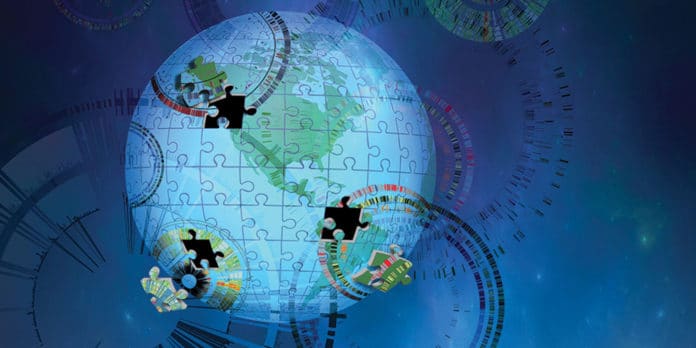Using a metagenome binning technique, scientists generated a repository of 52,515 microbial draft genomes from environmental samples around the world. The genomes- which now has been made public- known as the Genomes from Earth’s Microbiomes (GEM) catalog.
Scientists reconstructed these metagenome-assembled genomes (MAGs) directly from sequenced environmental samples without cultivating the microbes in the lab.
Stephen Nayfach, a JGI scientist and first author of the study, said, “What makes this study stand out from previous efforts is the remarkable environmental diversity of the samples we analyzed.”
All credit goes to a massive project involving more than 200 scientists from the DOE Joint Genome Institute and DOE Systems Biology Knowledgebase (KBase).
Much of the catalog data had been generated from environmental samples sequenced by the JGI through the Community Science Program. They were already available on the JGI’s Integrated Microbial Genomes & Microbiomes (IMG/M) platform. But the team behind GEM wanted to make this data more organized and accessible to the international microbial community.
The large team worked on sorting and labeling the vast pool of metagenomic data so that users could search the resulting catalog for features of interest – such as the presence of genes needed to produce exciting compounds – and predict how these unculturable microbes interact with the environment and other organisms.
Co-author Kostas Konstantinidis, who is already using the catalog in his research, said, “With this dataset, I can see where every microbe is found, and how abundant it is. This is a great resource for the community that is going to facilitate many more studies.”
